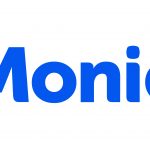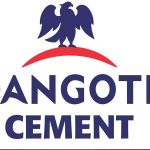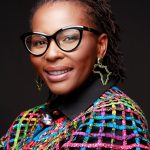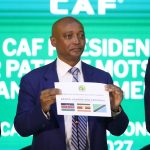General
SERAP Sues FG Over $25bn Overdraft From CBN
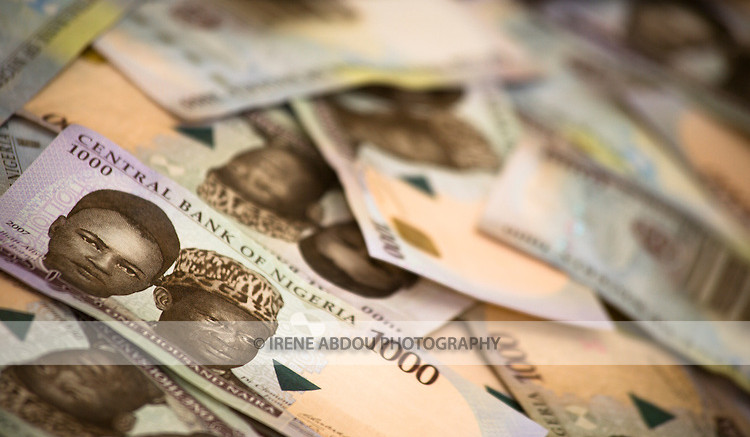
By Adedapo Adesanya
The federal government has been sued by the Socio-Economic Rights and Accountability Project (SERAP) over the $25 billion overdraft it took from the Central Bank of Nigeria (CBN).
The organisation, in its suit filed last week at the Federal High Court, Abuja, was the FG to disclose spending details of the overdraft and loans obtained from the CBN since the inauguration of President Muhammadu Buhari on May 29, 2015.
In the suit number, FHC/ABJ/CS/559/2021 filed on behalf of SERAP by its lawyers, Mr Kolawole Oluwadare and Ms Adelanke Aremo, they added that the information must include the projects on which the overdraft has been spent and repayments of all overdrafts to date.
SERAP is also seeking an order to compel the president to “explain and clarify whether the $25 billion (N9.7 trillion) overdraft reportedly obtained from the CBN is within the five-per cent limit of the actual revenue of the government for 2020.”
The suit followed SERAP’s Freedom of Information (FoI) request to President Buhari, stating that: “Disclosing details of overdrafts and repayments would enable Nigerians to hold the government to account for its fiscal management and ensure that public funds are not mismanaged or diverted.”
SERAP is also seeking: “an order directing and compelling President Buhari to disclose details of overdrafts taken from the CBN by successive governments between 1999 and 2015.”
In the suit, SERAP is arguing that: “Secrecy and the lack of public scrutiny of the details of CBN overdrafts and repayments are antithetical to the public interest, the common good, the country’s international legal obligations, and a fundamental breach of constitutional oath of office.”
Joined in the suit as respondents are the Attorney General of the Federation and Minister of Justice, Abubakar Malami, SAN; the Minister of Finance, Budget and National Planning, Zainab Ahmed; and the Governor of CBN, Godwin Emefiele.
SERAP is also arguing that: “Ensuring transparency and accountability in the spending of CBN overdrafts and loans would promote prudence in debt management, reduce any risks of corruption and mismanagement, and help the government to avoid the pitfalls of excessive debt.”
According to SERAP: “By the combined reading of the Constitution of Nigeria 1999 (as amended), the Freedom of Information Act, the UN Convention against Corruption, and the African Charter on Human and Peoples’ Rights, there are transparency obligations imposed on the government to disclose information to the public concerning details of CBN overdrafts, loans and repayments to date.”
SERAP is also arguing that: “The Nigerian Constitution, Freedom of Information Act, and these treaties rest on the basic principle that citizens should have access to information regarding their government’s activities.
“Transparency and accountability in the spending of CBN overdrafts would also ensure that public funds are properly spent, reduce the level of public debt, and improve the ability of the government to invest in essential public goods and services, such as quality education, healthcare, and clean water.”
“It is the primary responsibility of the government to ensure public access to these services in order to lift millions of Nigerians out of poverty and to achieve the Sustainable Development Goals by 2030.
“Transparency and accountability in the spending of CBN overdrafts and loans would also improve the ability of the government to effectively respond to the COVID-19 crisis. This means that the government would not have to choose between saving lives or making debt payments.
“The recent overdraft of $25.6 billion (about N9.7 trillion) reportedly obtained from the CBN would appear to be above the five-per cent limit of the actual revenue of the federal government for 2020, that is, N3.9 trillion, prescribed by Section 38(2) of the CBN Act 2007. SERAP notes that five per cent of N3.9 trillion is N197 billion.
“While Section 38(1) of the CBN Act allows the Bank to grant overdrafts to the Federal Government to address any temporary deficiency of budget revenue, sub-section 2 provides that any outstanding overdraft ‘shall not exceed five per cent of the previous year’s actual revenue of the Federal Government.’
“Similarly, Section 38(3) requires all overdrafts to ‘be repaid as soon as possible and by the end of the financial year in which the overdrafts are granted.’
“The CBN is prohibited from granting any further overdrafts until all outstanding overdrafts have been fully repaid. Under the CBN Act, ‘no repayment shall take the form of a promising note or such other promise to pay at a future date, treasury bills, bonds or other forms of security which is required to be underwritten by the bank.’
“Similarly, the Fiscal Responsibility Act provides in section 41 that the government ‘shall only borrow for capital expenditure and human development.’ Under the Act, the government ‘shall ensure that the level of public debt as a proportion of national income is held at a sustainable level.’
“Section 44 of the Fiscal Responsibility Act requires the government to specify the purpose of any borrowing, which must be applied towards capital expenditures, and to carry out a cost-benefit analysis, including the economic and social benefits of any borrowing. Any borrowing should serve the public good, and be guided by human rights principles.
“SERAP has consistently recommended to the Federal Government to reduce its level of borrowing and to look at other options of how to finance its budget, such as reducing the costs of governance and addressing systemic and widespread corruption in ministries, departments and agencies (MDAs) that have been documented by the Office of the Auditor-General of the Federation.
“Our requests are brought in the public interest, and in keeping with the requirements of the Nigerian Constitution; the Freedom of Information Act; the Fiscal Responsibility Act; the Central Bank Act; the Debt Management Office Act; and the country’s international legal obligations.
“There is a statutory obligation on the respondents, being public officers in their respective public offices, to proactively keep, organize and maintain all information or records about CBN overdrafts, loans, and repayments in a manner that facilitates public access to such information or records.
“Mandamus lies to secure the performance of a public duty in the performance in which the applicant has a sufficient legal interest.
“Unless the reliefs sought by SERAP are granted, the respondents will not provide SERAP with the information requested and will continue to be in breach of their constitutional responsibilities and the country’s international legal obligations and commitments.”
General
Senate Forms Seven-Man Committee to Harmonise Electoral Act Amendment Bill
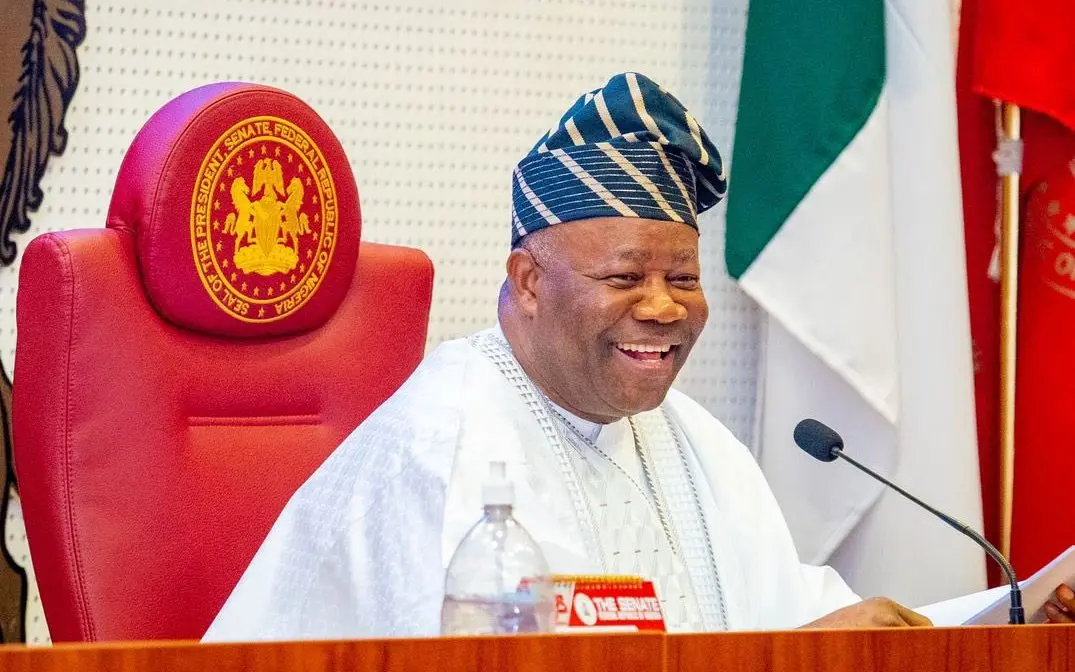
By Adedapo Adesanya
The Senate has constituted a seven-man committee to harmonise contributions and opinions on the Electoral Act Amendment Bill, 2026, with a mandate to present a consolidated report to the chamber next Tuesday.
The decision followed over two hours of consideration of the bill’s provisions during a closed-door session on Thursday.
The committee is chaired by the Chairman of the Senate Committee on Judiciary, Human Rights and Legal Matters, Mr Niyi Adegbomore.
Other members are Senators Adamu Aliero, Aminu Tambuwal, Adams Oshiomhole, Danjuma Goje, Tony Nwoye, and Titus Zam.
The group has three days to conclude its assignment and submit its report for consideration at the next plenary session scheduled for next week.
The Senate on Thursday commenced consideration of the Electoral Act 2022 (Repeal and Re-enactment) Bill 2026, moving into a closed-door session to review documents submitted by the Chairman of the Senate Committee on Electoral Matters, Mr Simon Lalong.
The Electoral Act (Repeal and Enactment) Bill, 2025 would expand voter participation, safeguard against electoral fraud, and strengthen institutional capacity of the Independent National Electoral Commission (INEC).
The closed session was convened to allow lawmakers to thoroughly examine the proposed amendments and supporting documents before engaging in further legislative debate on the bill.
This development comes after the upper chamber deferred consideration of the bill on Wednesday, giving lawmakers time to prepare for a detailed review.
Although the House of Representatives has already passed the bill, Senate President Senator Godswill Akpabio underscored the need for thorough scrutiny, given the bill’s implications for the nation’s electoral process.
“This is a very important bill, especially as it is election time. We must take our time to ensure justice is done to all, so that we do not end up at the tribunal,” he said.
According to the committee’s findings, a clause-by-clause analysis of the bill indicates that enacting the legislation would leave Nigerians with an enduring legacy of electoral integrity, enhance transparency, and boost public confidence.
The bill contains more than 20 key innovations distinguishing it from previous electoral frameworks, including provisions recognising the voting rights of prisoners and mandating INEC to register eligible inmates in correctional facilities nationwide.
It also prescribes sanctions for vote-buying ranging from a fine of N5 million to a two-year jail term, as well as a 10-year ban from contesting elections. It also recommends mandatory jail terms and higher fines for offences such as result falsification and obstruction of election officials.
Others include standardising delegates for indirect party primaries to prevent arbitrary determination of delegate criteria by party leaders, while addressing perennial funding challenges to the Independent National Electoral Commission (INEC) by mandating the release of election funds at least one year before polling day.
General
Dangote Cement Ibese Plant Launches Safety FairPlay Initiative
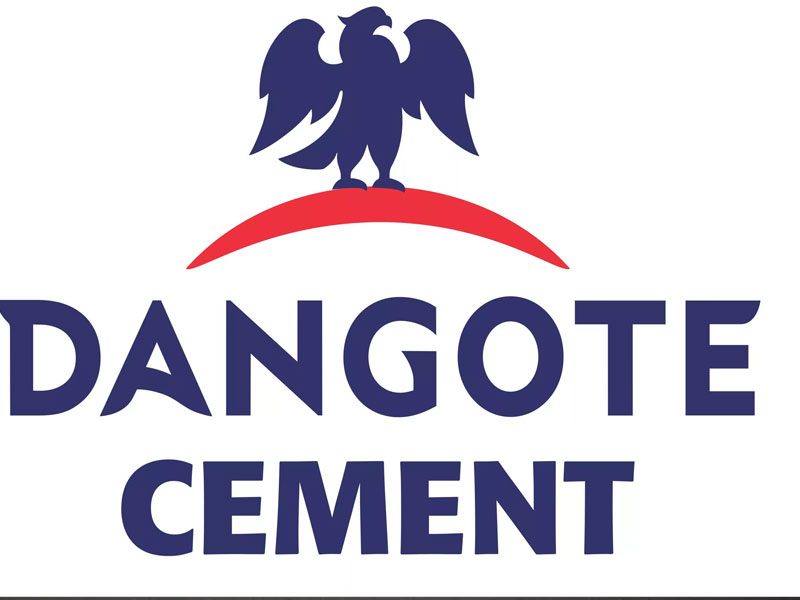
By Modupe Gbadeyanka
A Safety FairPlay initiative designed to drive behavioural change and cultural shift towards safety conducts among its employees has been launched by the Ibese Plant of Dangote Cement Plc.
This programme will drive lasting behavioural and cultural change through an equitable and transparent framework that promotes safe conduct. Built on three core pillars—Recognition, Correction (Coaching) and Discipline.
It rewards positive safety behaviour, ensures consistency in addressing at-risk actions, and encourages open reporting of incidents, near-misses and errors, the company said in a statement on Thursday.
The scheme will be replicated at all the plants of Dangote Cement, marking a significant milestone in strengthening the Company’s safety culture, the organisation added.
The pilot launch of this policy recorded impressive participation from both the management and employees, thus underscoring a shared commitment to safer work practices.
The Technical Director of the cement giant, Mr Anandam Duraisamy, emphasized the strategic importance of the initiative to the business and called on employees to champion a safety culture anchored on fairness, accountability, recognition, and continuous improvement.
He noted that the Safety Fairplay marks a defining moment in the company’s journey toward building a workplace where safety is not just a policy, but a shared mindset—an everyday habit that defines who we are and how we work. We are here to launch an initiative that aims to transform not only what we do, but how we think, act, and respond when it comes to safety.
“Safety FairPlay is about building trust, consistency, and accountability in how we manage safety. When people know that safe behaviour is recognised, risky actions are fairly addressed, and everyone is treated equitably, safety becomes a shared responsibility and a true part of our culture.
“This initiative is about behavioural and cultural change. It recognises that true safety excellence goes beyond equipment, procedures, or compliance; it begins with people-our attitudes, our choices, and our willingness to look out for one another.
“Every incident prevented, every risk spotted, and every safe action taken strengthens our organisation. And that strength comes from you—from each member of our workforce embracing safety as a personal responsibility and a collective value,” he stated.
Also speaking, the Ibese Plant Head of Health, Safety and Environment (HSE), Mr Elvis Akalusi, commended the management for driving the programme and applauded employees for their enthusiastic embrace of the initiative.
He affirmed that the Safety FairPlay Initiative would be fully embedded into the plant’s daily operations, with the full collaboration of all heads of departments.
“This initiative will offer the tools, coaching, recognition, and accountability needed to help each of us make safer decisions. But its success depends on our shared commitment—our courage to consistently do the right thing, even when no one is watching.
“Let us approach this new chapter with open minds and a determination to improve. Let us build a culture where speaking up is encouraged, learning is continuous, and mistakes become opportunities to grow—not reasons for fear,” he stated.
General
Navy Unveils Roadmap for Nigeria’s 2.5mbpd Crude Output Target

By Adedapo Adesanya
The Nigerian Navy via its Central Naval Command has unveiled a fresh security coordination roadmap with oil majors and maritime stakeholders to ensure security enforcement aligns with plans to boost the country’s crude oil production to 2.5 million barrels per day.
The renewed push followed back-to-back high-level engagements held this week between the Central Naval Command, major oil exploration companies, and key maritime industry players, which stakeholders agreed could be delivered if crude oil theft, sabotage, and operational disruptions across the Niger Delta are decisively addressed.
Flag Officer Commanding, Central Naval Command, Rear Admiral Suleiman Ibrahim, told participants that maritime security remains critical to Nigeria’s economic survival and energy ambitions.
“Maritime security is a collective responsibility,” Rear Admiral Ibrahim said.
“Sustainable outcomes can only be achieved through close collaboration and mutual understanding between the Nigerian Navy and you, our industry partners whose assets, personnel, and investments we protect.”
During the engagement with oil executives, participants jointly affirmed that President Bola Ahmed Tinubu’s 2.5m bpd mandate is “doable and achievable”, provided security agencies and industry operators align operations, intelligence sharing, and response strategies.
Rear Admiral Ibrahim stressed that the Navy’s role is to create an enabling environment for uninterrupted oil and gas operations, assuring stakeholders of stronger protection for offshore and onshore assets within the Command’s Area of Responsibility.
He also conveyed the full backing of the Chief of the Naval Staff, CNS, Vice Admiral Emmanuel Ikechukwu Ogalla, noting that Naval Headquarters remains committed to deploying the required platforms, assets, and leadership to strengthen maritime security.
“The Chief of the Naval Staff is fully committed to providing the platforms and strategic leadership needed to optimise security deployments across the Central Naval Command,” the FOC said.
According to him, the dual meetings provided an opportunity to reassess the evolving security landscape, review emerging threats, and fine-tune response mechanisms in line with industry realities.
“We welcome frank and constructive engagement,” Rear Admiral Ibrahim added. “Your feedback is vital to improving our operational effectiveness and service delivery.”
According to a statement, industry stakeholders expressed renewed confidence in the Navy’s leadership and ongoing inter-agency cooperation, noting that improved maritime security is already translating into greater operational stability and production recovery.
-

 Feature/OPED6 years ago
Feature/OPED6 years agoDavos was Different this year
-
Travel/Tourism9 years ago
Lagos Seals Western Lodge Hotel In Ikorodu
-

 Showbiz3 years ago
Showbiz3 years agoEstranged Lover Releases Videos of Empress Njamah Bathing
-

 Banking8 years ago
Banking8 years agoSort Codes of GTBank Branches in Nigeria
-

 Economy3 years ago
Economy3 years agoSubsidy Removal: CNG at N130 Per Litre Cheaper Than Petrol—IPMAN
-

 Banking3 years ago
Banking3 years agoSort Codes of UBA Branches in Nigeria
-

 Banking3 years ago
Banking3 years agoFirst Bank Announces Planned Downtime
-

 Sports3 years ago
Sports3 years agoHighest Paid Nigerian Footballer – How Much Do Nigerian Footballers Earn



